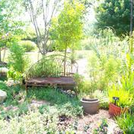
Students will identify and compare attributes of two-dimensional and three- dimensional shapes in the world around them.
- Subject:
- Mathematics
- Material Type:
- Lesson Plan
- Author:
- rgothaii@rgdeuceenterprises.com
- Date Added:
- 07/22/2021

Students will identify and compare attributes of two-dimensional and three- dimensional shapes in the world around them.
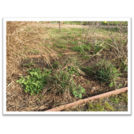
Students will prepare the vegetable beds for planting exploring how simple and compound machines work.

Towards finding a solution to the unit's Grand Challenge Question about using nanoparticles to detect, treat and protect against skin cancer, students continue the research phase in order to answer the next research questions: What is the structure and function of skin? How does UV radiation affect the chemical reactions that go on within the skin? After seeing an ultraviolet-sensitive bead change color and learning how they work, students learn about skin anatomy and the effects of ultraviolet radiation on human skin, pollution's damaging effect on the ozone layer that can lead to increases in skin cancer, the UV index, types of skin cancer, ABCDEs of mole and lesion evaluation, and the sun protection factor (SPF) rating system for sunscreens. This prepares students to conduct the associated activity, in which they design quality-control experiments to test SPF substances.
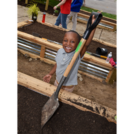
Students will measure the dimensions of containers in the garden to determine the volume of soil and work out computations based off the volume.
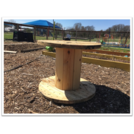
Students will arrange themselves in planetary order and determine the distance from the sun.
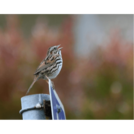
Students will listen for sounds in the garden paying careful attention to volume (how loud or soft a sound), pitch (how high or low) , or if it is a natural or man- made sound.
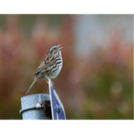
Students will listen for sounds in the garden paying careful attention to volume (how loud or soft a sound), pitch (how high or low) , or if it is a natural or man- made sound.
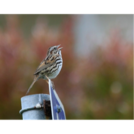
Students will listen for sounds in the garden paying careful attention to volume (how loud or soft a sound), pitch (how high or low) , or if it is a natural or man- made sound.
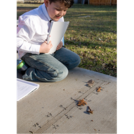
Students will identify which unit of measure inch, foot or yard) is best for measuring various items in the outdoor garden. They will then apply the use of the appropriate tool to measure a variety of objects to the nearest marker.
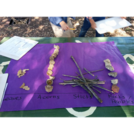
Students will use their knowledge of stem and leaf plots to represent temperature in various locations outdoors.
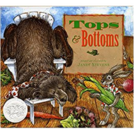
Students will describe the plot and study traits, motivations and feelings using Tops and Bottoms by Janet Stevens.
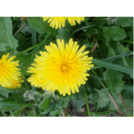
In this lesson, students will work in teams to determine how to best conduct an experiment outdoors to see if plants need sunlight and water to grow.
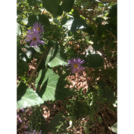
Students will work in teams to determine how to best conduct an experiment outdoors to see if plants need sunlight and water to grow.
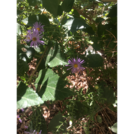
Students will work in teams to determine conduct an experiment outdoors to see if plants need sunlight and water to grow.

Students will explore the garden/outdoor classroom for examples of different plant structures and determine how plants use these structures to meet their needs.
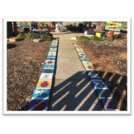
Students in this lesson will learn about, connect and apply the use of area to a real-world problem—creating a planting guide for the garden. Students will determine the square footage of the garden and use this information, along with a planting chart to create their own plan.
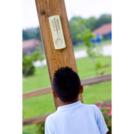
In this lesson, students will take temperature readings in the outdoor classroom, compare them to data from a graph, and discuss the numerical differences between the readings and the data.
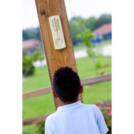
In this lesson, students will take temperature readings in the outdoor classroom, compare them to data from a graph, and discuss the numerical differences between the readings and the data.
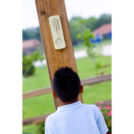
In this lesson, students will take temperature readings in the outdoor classroom, compare them to data from a graph, and discuss the numerical differences between the readings and the data.
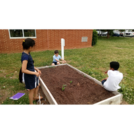
In this lesson, students will build conceptual understanding and fluency in using area and perimeter by measuring and calculating the dimensions of vegetable beds.